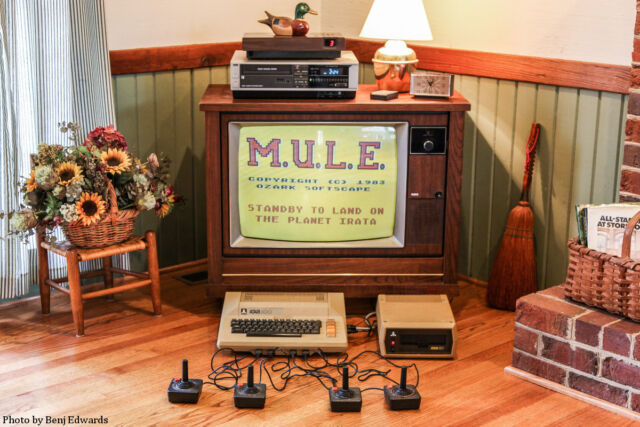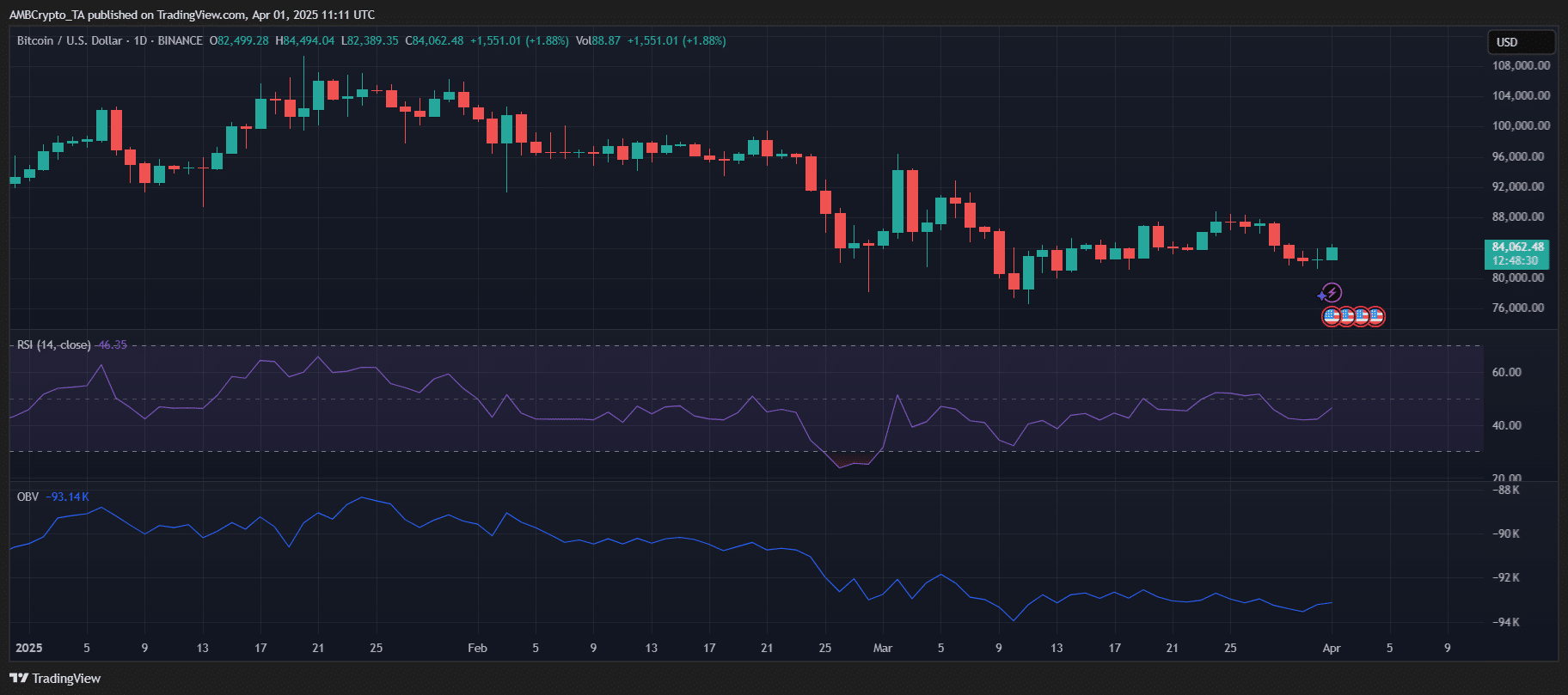Merlin’s parents have an unorthodox approach to life and believe in the interconnectedness of the world in mysterious ways. His mother, Jill Purce, an accomplished singer, has long recognized the healing potential of chanting and still holds workshops that incorporate shamanistic and Mongolian overtone chanting. During a recent visit, Jill noted that Merlin’s astrological chart at birth indicated his “strength in revealing what’s underground.” His father, Rupert, is more reserved but has a curious spirit. He studied biology at Cambridge and philosophy and the history of science at Harvard. He spent some time in agricultural development but eventually became enamored with the concept of inherited memories and the idea that intentions could be telepathically transmitted, a phenomenon he called “morphic fields.” Rupert wrote several books on the topic, including “Dogs That Know When Their Owners Are Coming Home” and “The Sense of Being Stared At.”
As a child, Merlin would spend hours with his father exploring the heath, observing plants and animals, and tracking each other through the forest. Rupert was endlessly curious and enjoyed pointing things out and asking questions. They also conducted experiments in a lab that Rupert set up in a pocket kitchen on the second floor of their home. One year, they decided to test the hypothesis that dog owners look like their pets by going to the Crufts dog show and later to the Luton rabbit show to see if the same was true of rabbits. Rupert also frequently enlisted Merlin and his brother, Cosmo, as guinea pigs in his telepathy experiments.
Merlin inherited his father’s fascination with the natural world and insatiable wonder. In his book “Entangled Life,” he affectionately describes how his father would carry him “from flower to flower, like a bee.” However, during our interview, Merlin painted a less charming picture, saying, “ ’Look! Look at the smell! Stick your face in the flower! Isn’t that nice? Here’s another one. And another one!'”
During the summer, Merlin’s family would relocate to an island in British Columbia with a retreat center similar to Esalen, where adults made music and art and held discussions on expanded consciousness. The children enjoyed a semi-feral lifestyle, scavenging on the beach or exploring the nearby forest. As a teenager, Merlin befriended a self-taught “fungal evangelist” named Paul Stamets, who encouraged his interest in symbiosis, the way fungi, plants, and other organisms could cooperate. Soon after, Merlin read Karl von Frisch’s “Animal Architecture,” a book on the Nobel Prize-winning biologist’s discovery of the honeybee’s waggle dance. Among other things, the book detailed how potter wasps construct jug-shaped nests that they provision with food, how another species of wasp makes paper nests by chewing wood to make pulp to layer thinly, and how humans might have learned these skills by observing the insects.















